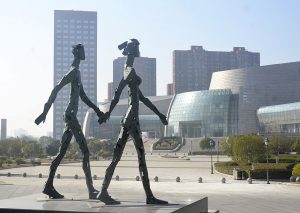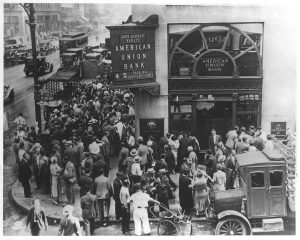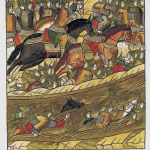Originally written: 7/14/2011
There is much I don’t understand about the world’s economic crisis but what I do get is that everyone owes everyone else and no one has the money to pay it back. That is of course an overstatement, but when you look at it, it does seem that a lot of people are broke — the governments of the world are broke, large swaths of their citizens are broke, non-profits are struggling, and many businesses are hanging by a thread.
Universally, it seems, we are simply out of money. We owe more than we make and we can’t pay our bills. Or at least, not all of them.
The solution to this problem, if the United States Government is any example, is to borrow more money. That’s easy for them to say — they’re the United States Government. Oddly enough, their bond-rating is better if they raise the debt limit and borrow more than if they don’t. I guess being in debt up to your ears to the Chinese is a good thing.
I realize that everything the world over is connected and that if a check bounces in Cinncinnati, it can take out a whole franchise in Taiwan. Or maybe it isn’t that delicate or complicated. Consider this: debt default or no debt default, there will still be 300 million living people in this country, who will still want to get up, breath, eat, work, laugh, and sleep through the night, whether the U.S. raises the debt limit or not.
Which brings me to the solution: universal debt amnesty. Read More







